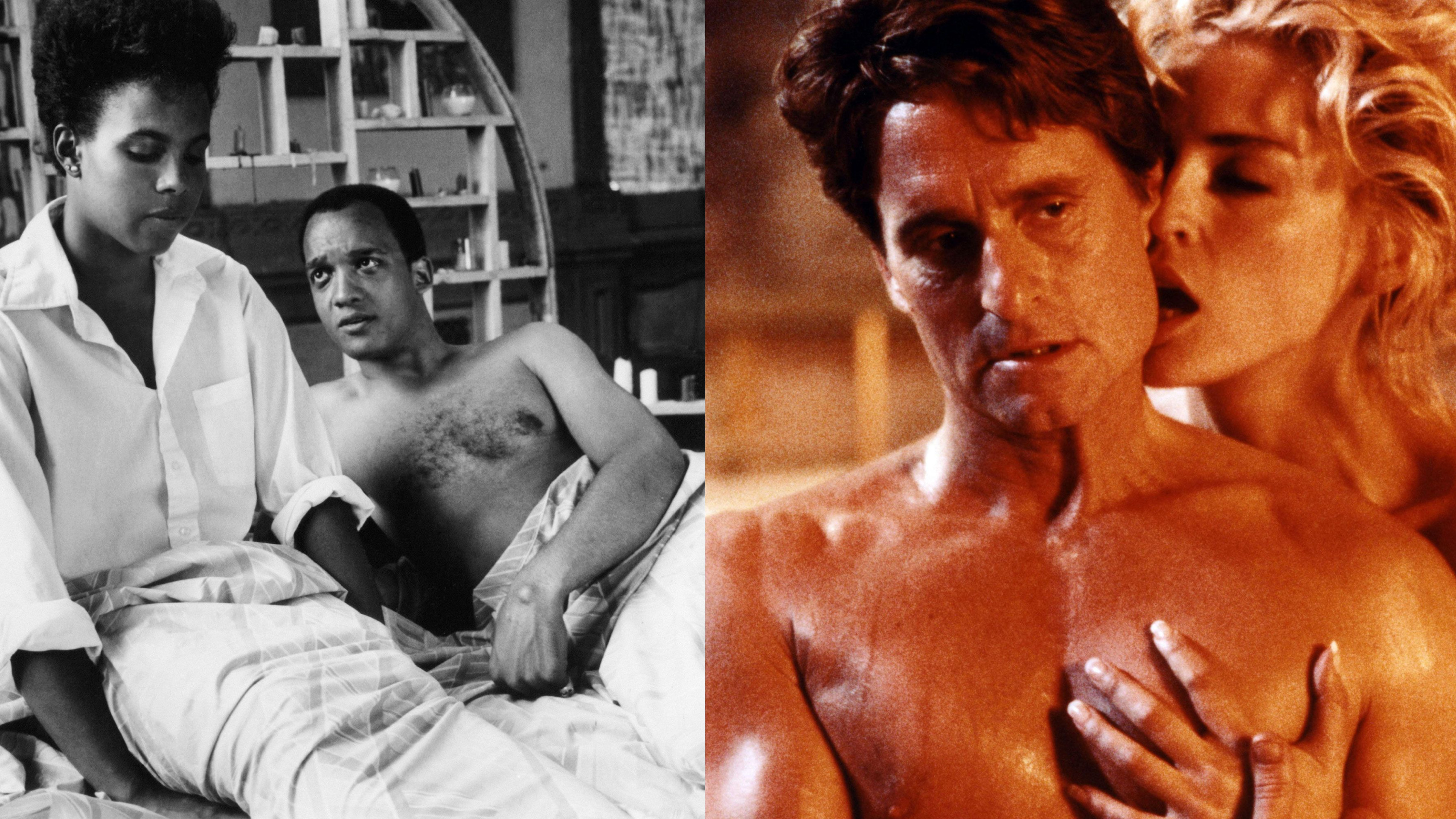

Kristeva’s heroine Olga just happens to be an eastern European intellectual living in Paris, much like the author, and married to the smart and sexy Hervé Sinteuil, editor of the literary journal Now-all bearing an uncanny resemblance to her actual husband Philippe Sollers, the editor of Tel Quel.

Kristeva herself was among the first to do this-her 1992 novel The Samurai featured thinly disguised versions of Barthes (the amiable homosexual writer Armand Brehal), Lacan (Maurice Lauzun complete with cape and cigar) and Derrida (the eccentric semiotician Saida, inventor of “condestruction”). It is no coincidence then that their lives have been plundered for novels.

For each of these thinkers, words matter-more than that, words are matter, from which we build both ourselves and our world.

The barrier between philosophy and literature has become increasingly porous and the “pleasures of the text,” to use Barthes’s term, even more alluring. Hélène Cixous, one of their number, would label this generation “the incorruptibles” and their influence, for better or worse, would flow outwards from philosophy departments into literature, film, gender studies, postcolonial studies and popular culture.ĭeeply serious and deeply playful, each of them put language and discourse at the centre of their analyses, whether it was Derrida arguing “there is nothing outside the text,” Lacan that “the unconscious is structured like a language” or Kristeva introducing the idea of “intertextuality” in her Desire in Language. The 1960s saw a generation of French thinkers come of age in what was perhaps one of the greatest intellectual flowerings in history.


 0 kommentar(er)
0 kommentar(er)
